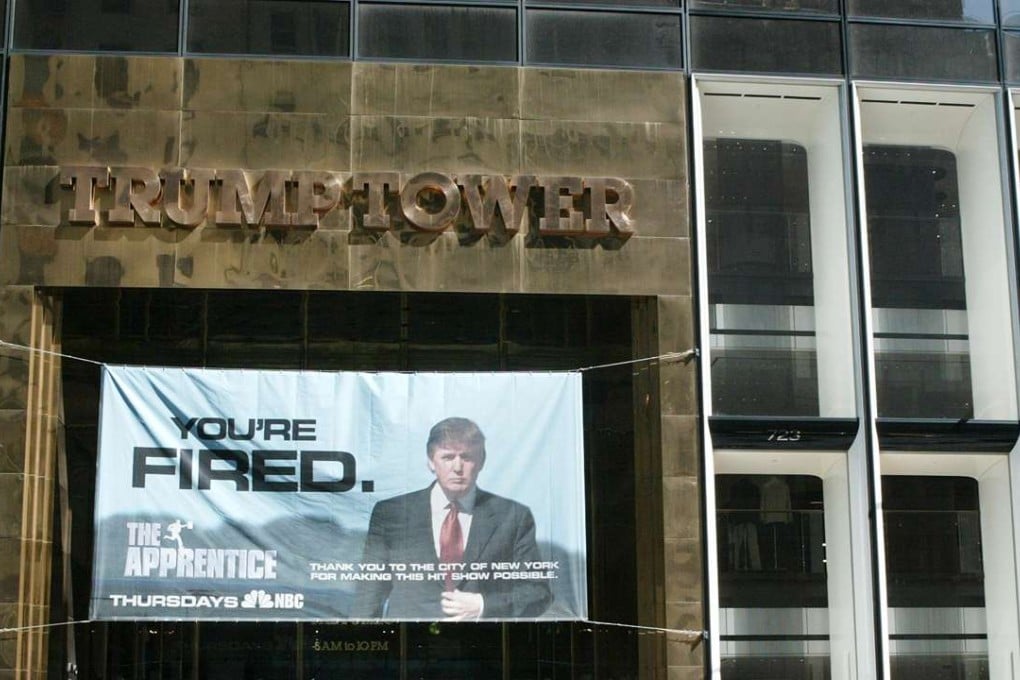On Reflection | Why Trump can’t ‘haggle’ over the one-China policy

Important, even vital, American national interests as well as global peace and stability are at stake in how – indeed, whether – President-elect Donald Trump understands the underlying principles of the United States’ long-standing “one-China” policy and the mutual commitments involved in the normalisation of relations with the People’s Republic of China.
On the face of it, the president-elect seems to believe that, having identified an issue of great importance to Beijing (“one China”), he can leverage Chinese cooperation on issues of importance to Washington by suggesting he is willing to forego continued cooperation on that critical Chinese interest.
As a person who has engaged in give-and-take behaviour throughout his business career, one can understand Trump’s attraction to identifying and utilising points of leverage. But even though Trump says he understands the one-China policy, in fact it is critical to distinguish it, and its grounding in matters of Chinese sovereignty, from a commercial deal. The latter are open to haggling; the former is not.

Although the US recognises the government of the PRC as the “sole legal government of China” and maintains no official relations with Taiwan, it does not “accept” Beijing’s position that there is “one China” of which Taiwan is a part. Washington does acknowledge that position, has said it would not challenge it, and (in a 1982 US-PRC communiqué under President Reagan) has committed itself not to pursue a policy of “two Chinas” or “one China, one Taiwan”.
